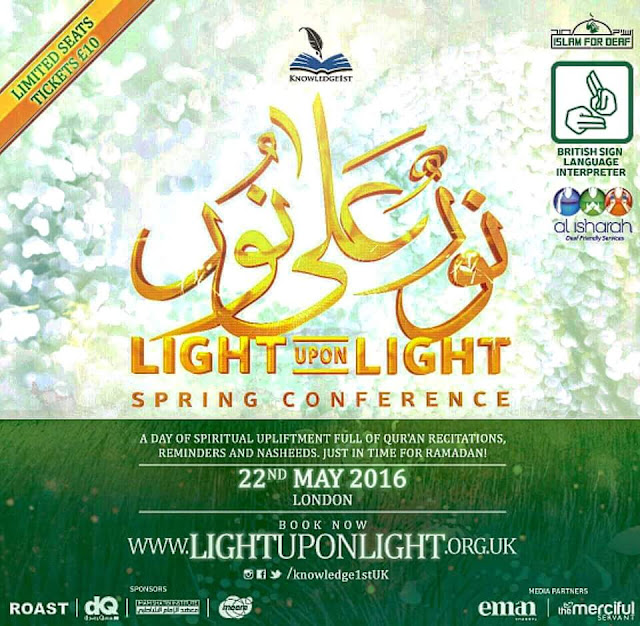 |
| Gambian President Yahya Jammeh holds a copy of the Quran while speaking to a poll worker |
Jammeh, who has ruled the tiny West African nation for 22 years, lost the election to a property developer, Adama Barrow, who won more than 45% of the vote. Jammeh had initially conceded defeat.
The Gambia’s state media broadcast a phone call in which President Jammeh told Barrow that he wanted to hand over power graciously and vowed not to contest the results of the December 1 election.
Jammeh, 51, congratulated Barrow for his “clear victory” and praised the elections as “transparent” and “rig-proof.” He also said, “Allah is telling me my time is up,” and added he would move to his farm after leaving office in January.
Besides, only last week, the president was shown on state TV calling Mr Barrow to wish him well. “You are the elected president of The Gambia, and I wish you all the best. I have no ill will,” he said at the time.
According to the electoral commission, the revised results of the vote on December 1, showed that Barrow won with 222,708 votes (43.34%), Jammeh came second with 208,487 votes (39.6%) while another candidate, Mama Kandeh earned 89,768 votes (17.1%).
In rejecting the results, Jammeh cited “abnormalities” and called for fresh elections, saying he now rejected the results “totally.” Jammeh said “serious and unacceptable abnormalities” had been found in the electoral process and demanded “fresh and transparent elections which will be officiated by a God-fearing and independent electoral commission.”
ECOWAS, AU and UNOWAS, in a statement, called on the Gambian leader to abide by the country’s constitutional responsibilities and international obligations.
“It is fundamental that the verdict of the ballots should be respected and that the security of the president-elect Adama Barrow, and that of all Gambian citizens be fully ensured,” the statement said.
According to the statement, “ECOWAS, the AU and the UN strongly support the stand of the Senegalese Government on the issue with regards to calling an emergency meeting of the UNSC and urge relevant Gambian stakeholders to contribute to a peaceful transition.”
The statement also called for an orderly handing over of power from the outgoing administration to the President-elect within constitutional deadlines, in accordance with the Gambian electoral laws.
It urged all Gambian stakeholders including the elected leadership, the armed forces, political parties and Civil Society Organisations to reject violence and peacefully uphold the will of the people as clearly expressed through the ballot box.
They also called upon the Gambian Defence and Security forces to live up to their republican duties.
ECOWAS, the AU and the UN stand in solidarity with the people of The Gambia whom they commend for the maturity demonstrated throughout the electoral process and commit to continue monitoring developments in country.
The United States and neighbouring Senegal also criticised Jammeh’s position.
US State Department spokesman Mark Toner said: “This action is a reprehensible and unacceptable breach of faith with the people of The Gambia and an egregious attempt to undermine a credible election process and remain in power illegitimately.”
Senegal’s government called for an emergency meeting of the UN Security Council. Senegal’s Foreign Minister, Mankeur Ndiaye, speaking on national television, urged President Jammeh to respect the election result.
The results were revised by the country’s electoral commission on 5 December, when it emerged that the ballots for one area were added incorrectly, swelling Mr Barrow’s vote.
The error, which also added votes to the other candidates, did not change the outcome but narrowed Mr Barrow’s margin of victory from 9% to 4%.
Mr Barrow accused the incumbent of damaging democracy. He said yesterday that the country’s outgoing leader Jammeh had no authority to reject the results.
“The outgoing president has no constitutional authority to reject the result of the election and order for fresh elections to be held,” Barrow told reporters in Banjul following an emergency meeting under high security.
“I open up a channel of communication to convince him to facilitate a smooth transfer of executive powers in the supreme interest of this country,” he said.
Mr Barrow’s spokesperson said the head of the army, General Ousman Badjie, supported the president-elect, having pledged his allegiance after the initial result.
The BBC’s West Africa correspondent, Thomas Fessy, says the main question now is whether the Gambian leader has managed to split the army, retaining a faction ready to back his announcement.
The streets of the capital, Banjul, were reported to be calm on Friday night although soldiers were seen placing sandbags in strategic locations across the city, AFP news agency reports. Yesterday, some residents said they were staying at home for fear of violence.
Under chapter 5 of Gambia’s constitution, candidates have 10 days from the declaration of the results to appeal to the Supreme Court.
It was not immediately clear if Jammeh had done that. Mr Barrow, a property developer, is due to take office in late January.
Advertisement Banner

No comments:
Post a Comment